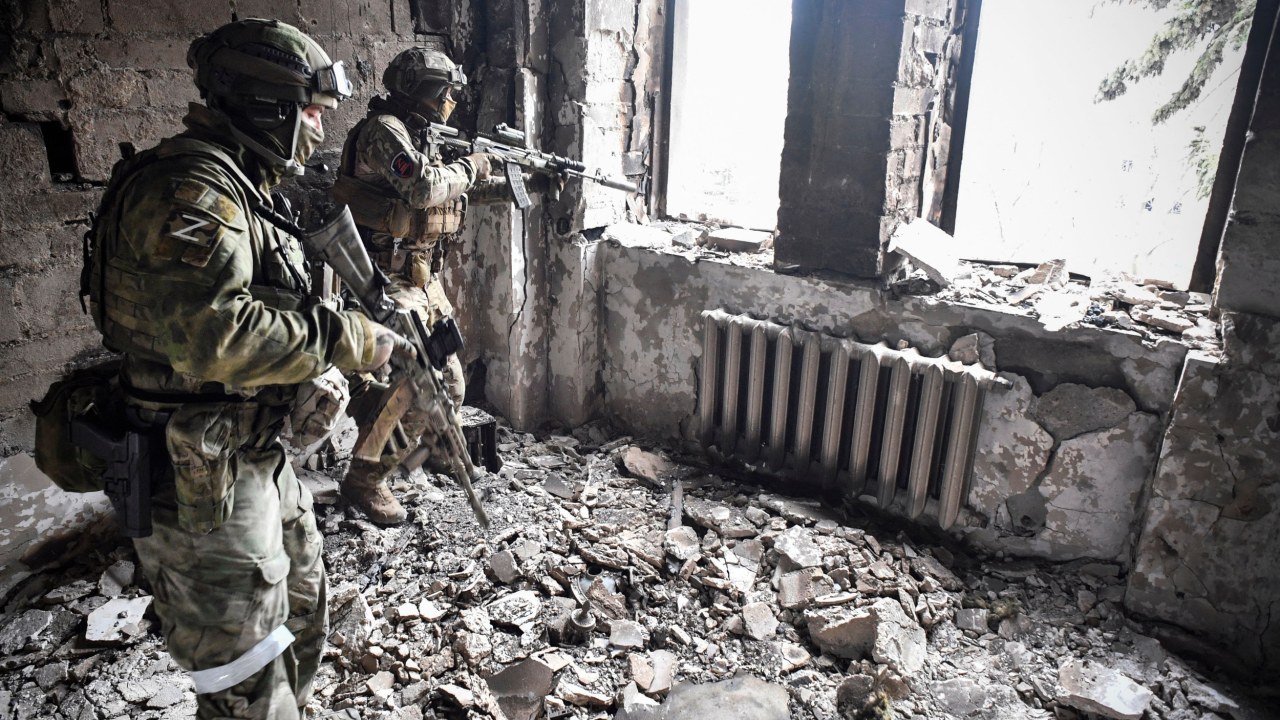One NATO foreign minister has placed responsibility for Ukraine’s retreat from the embattled city of Avdiivka squarely on the shoulders of Western allies.
Margus Tsahkna, speaking to Newsweek at the Munich Security Conference, emphasized the collective accountability of all countries involved in supporting Ukraine amidst its ongoing conflict with Russia.
Tsahkna’s remarks come amidst Ukrainian commanders attributing the retreat to a severe shortage of ammunition, marking a significant setback for Kyiv since the abandonment of Bakhmut in the summer of 2023.
As reports surfaced of Ukraine’s gradual withdrawal from Avdiivka under mounting Russian pressure, Ukrainian Commander-in-Chief Oleksandr Syrsky confirmed the decision aimed at avoiding encirclement and safeguarding the lives of servicemen. Syrsky praised the dedication of Ukrainian forces and their efforts to confront formidable Russian adversaries despite being outgunned and facing logistical challenges.

Avdiivka has been a strategic battleground since 2014, with Ukrainian forces combating both Moscow-backed separatists and Russian regular troops. Throughout Russia’s extensive invasion and subsequent winter offensive, the city has remained a focal point of conflict.
However, the effectiveness of Kyiv’s defense has been hindered by delays in the delivery of crucial munitions, a situation exacerbated by political gridlock in the United States.
Tsahkna highlighted the European Union’s commitment to providing ammunition, acknowledging progress but underscoring the urgency for faster action. President Volodymyr Zelensky echoed these sentiments at the Munich Security Conference, emphasizing the detrimental impact of weapon shortages on Ukraine’s ability to confront Russian aggression.
He stressed that the withdrawal from Avdiivka was a necessary measure to protect Ukrainian troops, urging introspection on the perpetuation of the conflict by Russian President Vladimir Putin.
The imagery of Ukrainian soldiers withdrawing from Avdiivka after years of arduous combat underscores the gravity of the situation and the toll exacted by the ongoing conflict. It serves as a poignant reminder of the human cost of geopolitical tensions and the imperative for international solidarity in addressing such crises.


